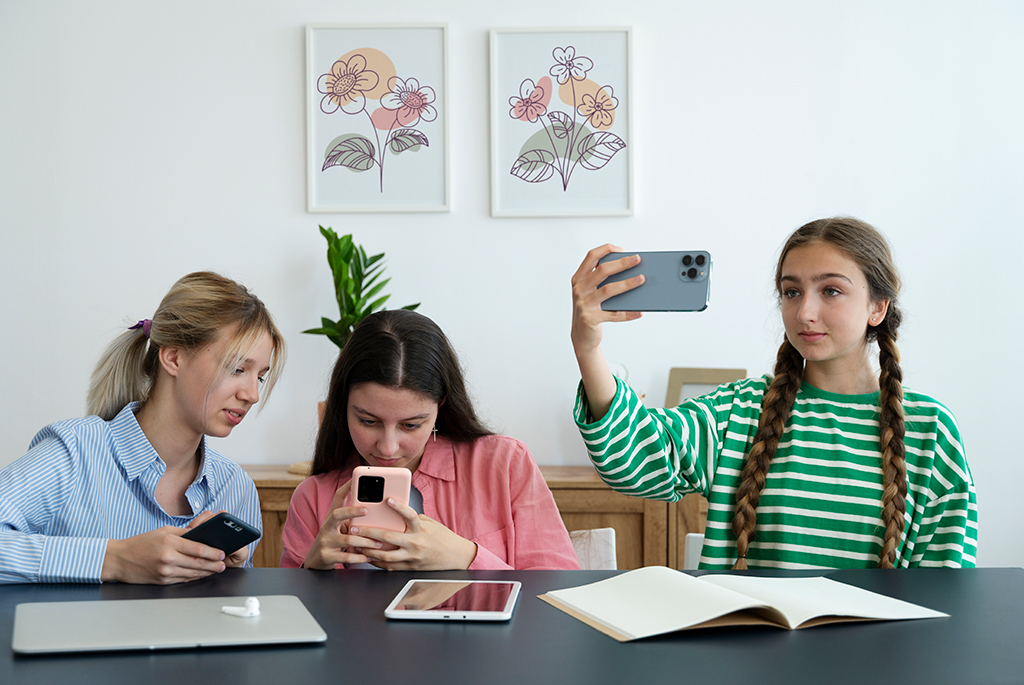The Impact of Social Media on Mental Health
Social media has become an integral part of modern life, connecting people across the globe and providing instant access to information. While it offers many benefits, its influence on mental health has become a significant concern for psychologists, parents, and educators alike.
Positive Impacts of Social Media
Connection and Community: Social media allows individuals to stay in touch with family and friends, form support networks, and engage with communities that share common interests.
Access to Information and Resources: Platforms can provide mental health resources, educational content, and awareness campaigns that encourage healthy habits.
Self-expression and Creativity: Social media gives people a platform to express themselves through posts, videos, or art, which can have therapeutic effects.

Negative Impacts of Social Media
Anxiety and Depression: Excessive social media use is linked to higher levels of anxiety, depression, and stress. Constant exposure to curated lives can create feelings of inadequacy or low self-esteem.
Sleep Disruption: Late-night scrolling or device overuse can interfere with sleep patterns, leading to fatigue and worsening mental health.
Cyberbullying and Harassment: Online bullying can have severe emotional consequences, especially among teenagers and young adults.
Addiction and Dependency: The desire for likes, shares, and validation can lead to compulsive checking of platforms, affecting productivity and mental wellbeing.
Comparison Culture: Seeing idealized versions of others’ lives often leads to social comparison, which can negatively affect body image, confidence, and overall happiness.
Factors Influencing the Impact
Age: Teenagers are more vulnerable to social comparison and peer pressure online.
Duration of Use: Longer screen time is generally associated with greater mental health risks.
Content Type: Exposure to harmful content or misinformation can worsen anxiety or fear.
Personality Traits: Individuals with low self-esteem or pre-existing mental health conditions may be more negatively affected.
Strategies to Minimize Negative Effects
Digital Detox: Limiting screen time and taking breaks from social media.
Mindful Usage: Following accounts that inspire positivity and unfollowing those that trigger stress or comparison.
Parental Guidance: Monitoring and guiding teenagers’ online interactions.
Seeking Professional Help: Consulting mental health professionals if social media contributes to anxiety or depression.
Promoting Offline Activities: Engaging in hobbies, sports, and face-to-face interactions to reduce dependency on virtual validation.
At Maxwell Public School, we encourage every student to actively participate in sports and games. They are not just a break from studies but an essential part of student life that nurtures the body, mind, and spirit. After all, a healthy student is a happy learner and a future-ready achiever.
